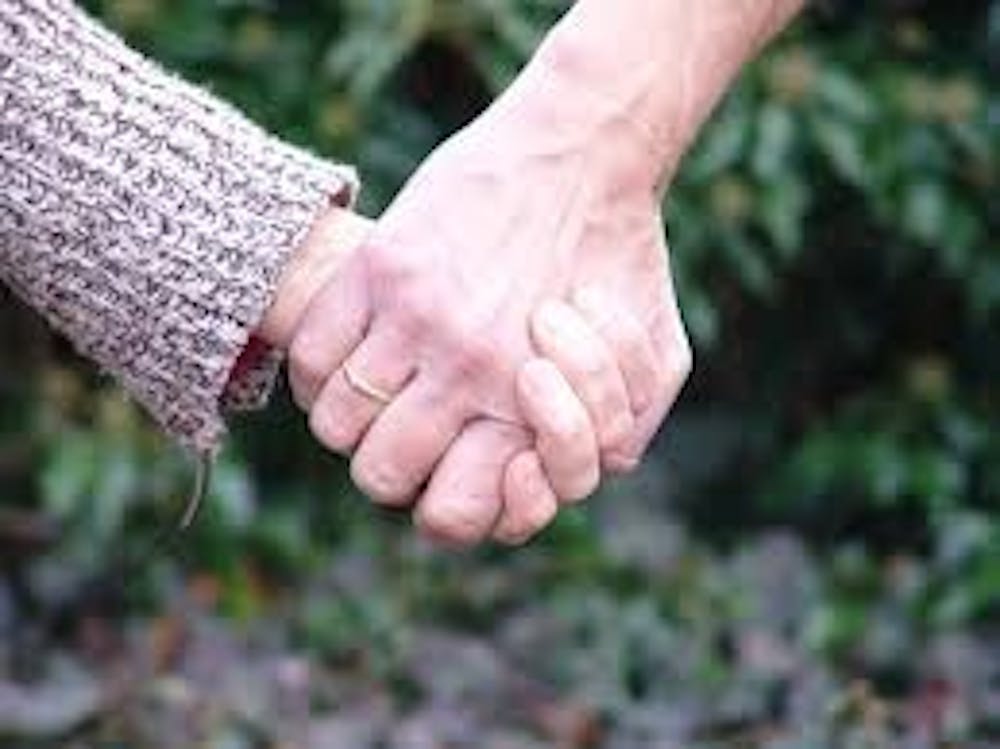A study conducted by Amit Kumar and Nicholas Epley at the University of Chicago (UChicago) found that people routinely undervalue the benefits of expressing gratitude. Their findings suggest that the disconnect between the expresser’s expectations and the recipient’s experience may prevent people from conveying gratitude, such as through sending letters that increase positive feelings for the recipient and expresser.
Kumar was a postdoctoral research fellow at UChicago when the study was completed. Epley is currently a John T. Keller professor of Behavioral Science at UChicago’s Booth School of Business. Their findings were published in Psychological Science, the chief journal of the Association for Psychological Science. They conducted four experiments, each testing a different dimension of expressing gratitude.
In the first experiment, 107 Business Administration Master’s students sent gratitude letters to someone who had affected their lives in a meaningful way. Immediately after sending their letters, expressers completed a questionnaire.
The students sending the letters predicted the recipients’ surprise at receiving the letter and at the content of the letter and how awkward the recipient would feel after reading the letter. The expressers also recorded their own feelings and rated the status of their relationship with the recipient.
As soon as the expressers completed the survey, the researchers contacted the recipients with a questionnaire recording their feelings.
Expressers underestimated the positive effects their letters would have on the recipients. Additionally, the expressers systematically underestimated the positive reception of their letters, regardless of relationship status. In other words, a close relationship between an expresser and a recipient did not mean that the gap between the predicted and actual experiences was consistently less or greater than those who did not have a close relationship.
The authors believe that the inconsistencies between the predicted and actual experiences may be due to egocentric biases and the “curse of knowledge.”
“Expressers are aware of their gratitude before expressing it and also may focus on their competence in expressing gratitude, whereas recipients attend to the warmth that comes from the positive interaction,” the study read.
They tested their hypothesis that the recipient’s mindset adds to the gap by conducting a follow-up experiment. More than 700 third-party participants were asked to read the letters written by the students from the perspective of either the expresser or the recipient. Then they completed a questionnaire similar to the first experiment.
The researchers found that ratings of surprise at receiving the letter and of surprise at the content of the letter were similar to the average responses of the original recipients. However, the evaluations of awkwardness and mood upon receiving the letter were closer to the average responses of the original letter writers.
“These results suggest that the unique psychological perspective of people expressing versus receiving gratitude can help to explain why the positive impact of expressing gratitude on recipients may be systematically undervalued,” the study read.
The authors repeated their first experiment in a non-classroom setting. The results were largely replicated from the first experiment. The only exception was that the expressers did not significantly underestimate how surprised recipients would be to receive their letter.
The third experiment sought to isolate the effects of expectations of expressing gratitude on the likelihood of sending a letter. The authors found that likelihood of sending a letter was correlated with the perceived value that the letter would have on the recipient. Participants preferred to express gratitude to recipients who would feel really positive upon receiving the letter.
The researchers then tested the effects of perceived writing competency and friendliness on the likelihood of sending a letter. Expressers significantly underestimated how warm they would be rated by recipients.
“These results suggest that the first thoughts that may come to mind for people when deciding to express gratitude — their ability to competently articulate their gratitude — may be an unwanted barrier to expressing gratitude more often in everyday life,” the study read.
Numerous studies have supported the notion that strong social relations are a significant contributor to well-being. Expressing gratitude is a way to strengthen social relations. Barriers like the ones explored in the research study can detract from strong, positive bonds.
So go on and begin that thank-you note you have been meaning to write.





